
~~~
My mother’s been staying with us for a few days. We were talking about how different my children’s K-12 school curriculum is from our own. My mother was educated in Buffalo’s parochial schools in the late 1950s and early 1960s, and though she got good grades, I gathered she had no particular fondness for the nuns who taught her. Last night, she mentioned that in her senior year of high school, one of them took her aside and chided her out for not making more of her intelligence. Her classmates had just taken IQ tests and she scored highest among all the young men and women of her graduating class. Until that moment, she never had an inkling she was so gifted. Not a single one of her teachers had ever provided her particular encouragement. Given the mindset of the times, they saw her as just another working class girl rather than a bright mind worthy of encouragement. Though my mother eventually became very active in her local union, she never pursued a college education. She doesn’t have regrets about this, but hearing about her IQ tests made me angry at her old school teachers. Had someone early on in her schooling really tried to impress upon her how much potential she had, she might have—who knows—gone on to cure a disease or helped eradicate poverty. She might have done any of the things that, as a parent of young children myself, I hope my own children might do.
~~~
This thought’s a bit iffier. Through a link in a friend’s blog, I came across this short article about “gaslighting.” Briefly speaking, “gaslighting” is the practice an emotionally abusive partner employs to erode someone’s confidence in their own perceptions, feelings, and sanity. The term stems from a 1938 stage play during which a husband gradually lowers the lights in a room while denying to his wife that the room is getting dimmer. Over time, after being told she’s crazy for thinking the room’s not as well-lit as it once was, the wife begins to think her husband must be right. Over time, the wife loses faith in her version of reality and accepts his judgments and opinions.
Quoting from the article, gaslighting techniques include,
Countering: the abusive partner questions the victim’s memory of events, even when the victim remembers them accurately. Ex. “You’re wrong, you never remember things correctly.”
Blocking/Diverting: the abusive partner changes the subject and/or questions the victim’s thoughts. Ex. “Is that another crazy idea you got from [friend/family member]?” or “You’re imagining things.”
Trivializing: the abusive partner makes the victim’s needs or feelings seem unimportant. Ex. “You’re going to get angry over a little thing like that?” or “You’re too sensitive.”
Forgetting/Denial: the abusive partner pretends to have forgotten what actually occurred or denies things like promises made to the victim. Ex. “I don’t know what you’re talking about,” or “You’re just making stuff up.”
Reading the article, I kept thinking, wow, this sounds so familiar. The reason? These are exactly the techniques perpetrated by Right Wing media commentators to belittle or dismiss the concerns of those of us who do not belong in the 1%. We’re too sensitive. We’re wrong on any number of things. We just don’t understand.
Earlier this month, 1,001 Americans were asked to name the current unemployment rate. At the time, the unemployment rate was 6.1%, yet the average response was a whopping 32%. Somehow, people believed the state of the economy was much worse than it is. Only an America that has substantially lost faith in its ability to judge the reality around itself could make such an outrageous assessment.
So the question is, has the right wing succeeded in gaslighting America?

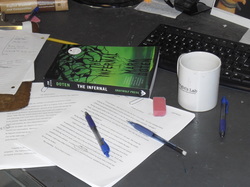


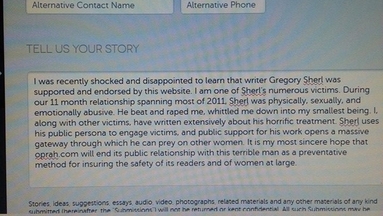

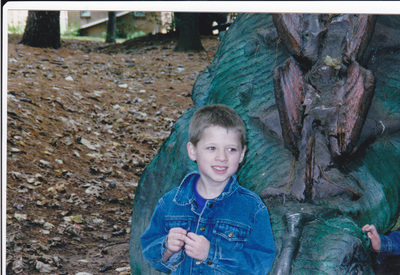

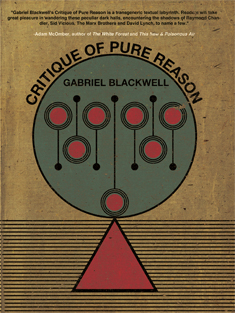
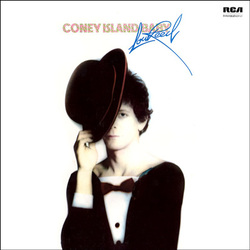

 RSS Feed
RSS Feed
